Q. and A. With Brooke Gladstone on her Book on the Media
Poynter

National Public Radio's media critic Brooke Gladstone talks with the Poynter Institute about the myth of post-fact journalism and the need for journalists to ferret out and offer common pools of accurate information, if only to provide contending parties with a basis to negotiate and for democracy to work.

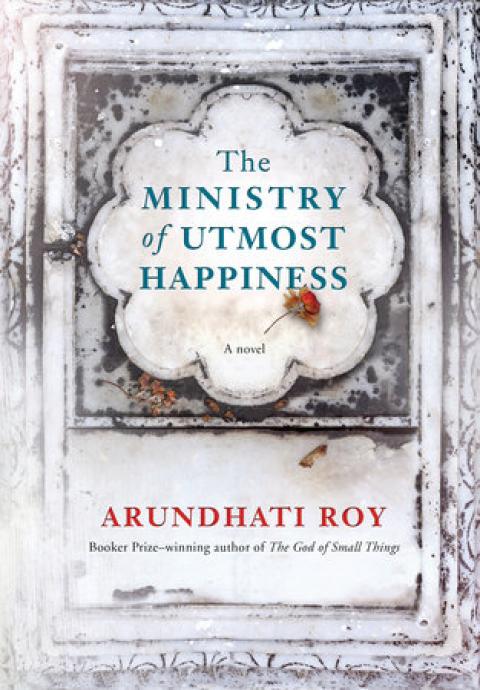
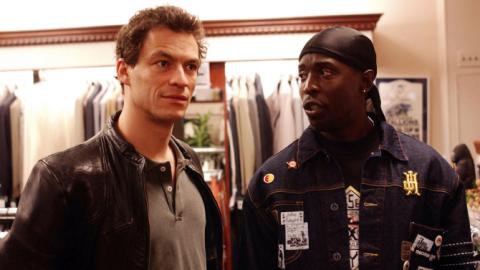
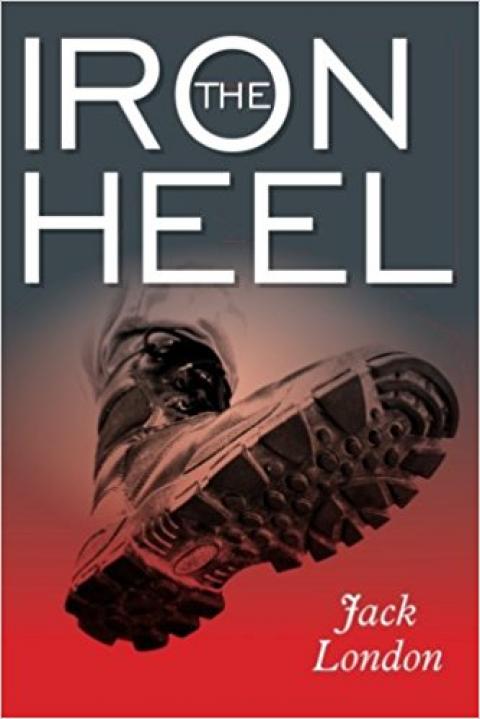
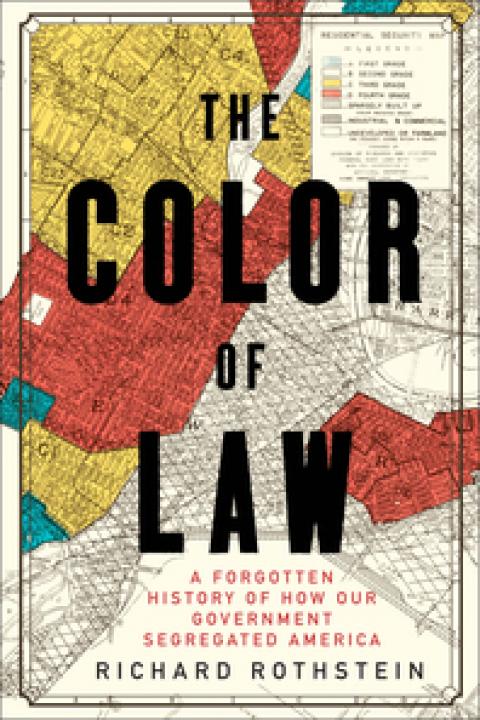


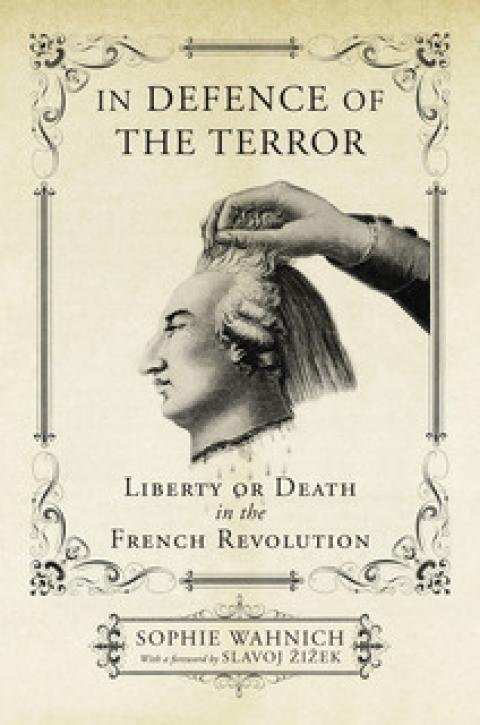
Spread the word